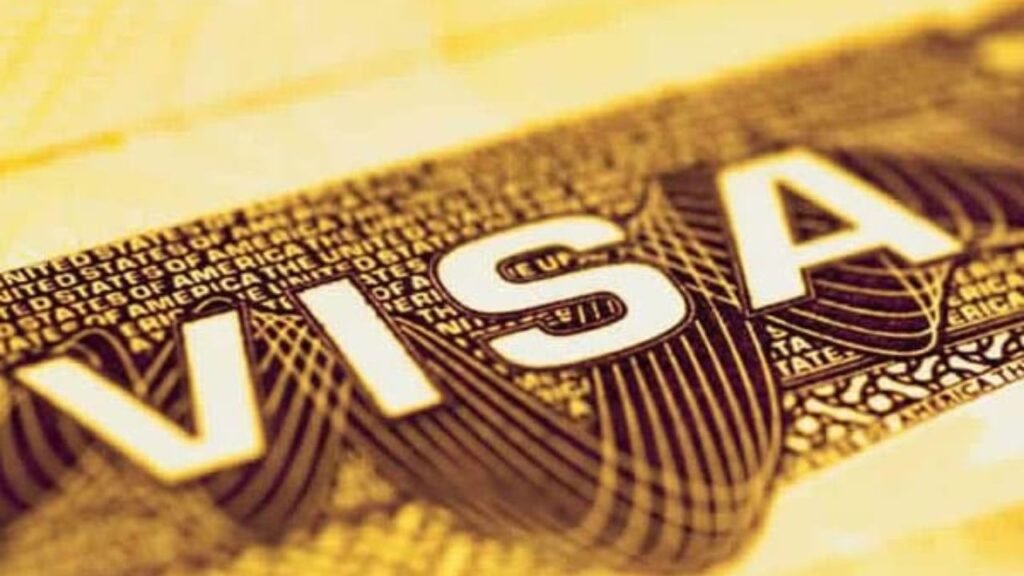Golden visas, often described as “passports for the rich,” have become one of the most sought-after residency programs across the globe. These schemes allow wealthy individuals to gain residency and in some cases citizenship in exchange for significant financial investment. The concept has grown into a multi-billion-dollar global industry, with countries competing to attract high-net-worth individuals.
Trump’s $5m Gold Card Proposal
In the United States, the idea gained fresh attention when former President Donald Trump proposed a “Gold Card” residency visa, priced at a staggering $5 million. The move was seen as a way to attract ultra-wealthy foreigners, encouraging them to invest heavily in the American economy while securing the right to live in the country.
Why the Rich Seek Them
But what drives the super-rich to pursue these golden opportunities? For many, it is not just about luxury lifestyles but also about security, financial flexibility, and global mobility. A second residency or citizenship offers a safety net during times of political instability, while also providing tax advantages and easier access to international markets.
A Global Marketplace

The United States is not alone in this race. Countries like Portugal, Spain, Greece, and Malta have long offered investment-linked visas, attracting thousands of foreign investors. Caribbean nations, such as St. Kitts and Nevis, also run popular citizenship-by-investment schemes, where applicants can secure a passport within months through real estate or government bond purchases.
The Debate Over Fairness
Despite their popularity, golden visas raise ethical and economic questions. Critics argue they allow the wealthy to bypass immigration rules that ordinary people must follow, effectively turning citizenship into a commodity. Others warn that such schemes can open doors to money laundering and corrupt practices if not properly regulated.
Benefits for Host Nations
On the other hand, governments often defend golden visas as a tool for economic growth. The funds raised through these schemes are frequently directed towards infrastructure, real estate development, or public programs, giving host countries much-needed capital. For smaller economies in particular, these investments can provide a significant financial boost.
The Future of Golden Visas
As the world becomes more interconnected, the demand for golden visas is unlikely to fade. While they remain controversial, they reflect a growing reality: in today’s global economy, wealth can buy not just property and assets, but also borders and opportunities. The real question is whether nations will continue to embrace this trend or tighten regulations to ensure fairness and transparency.

